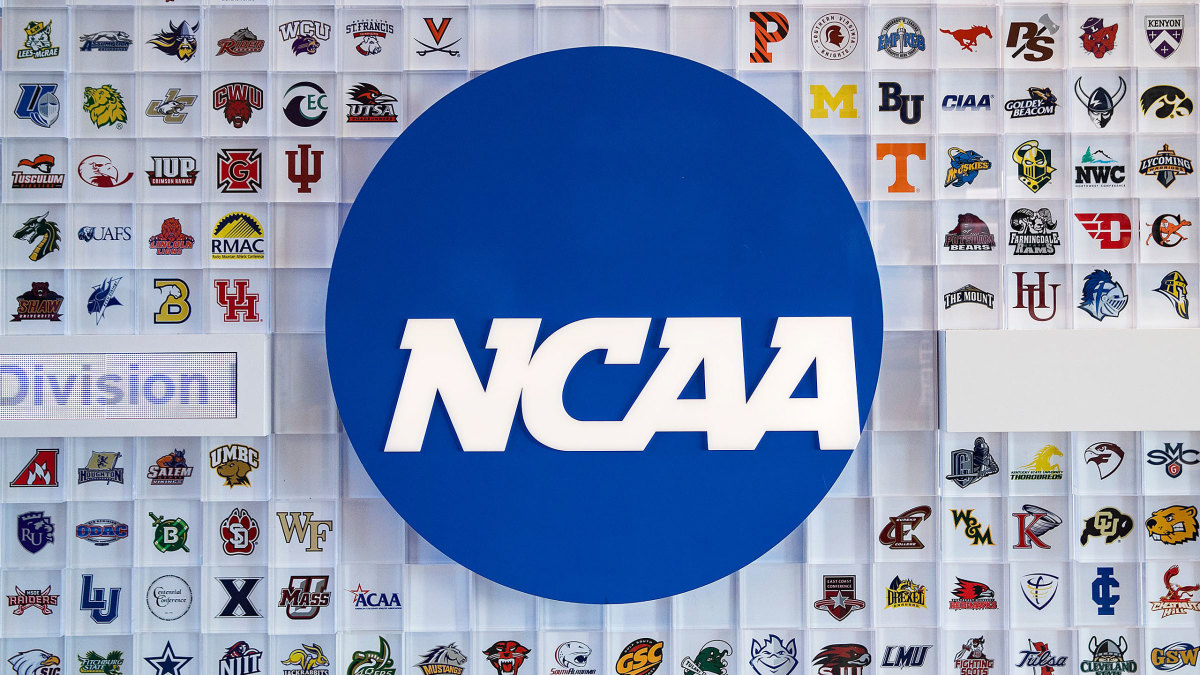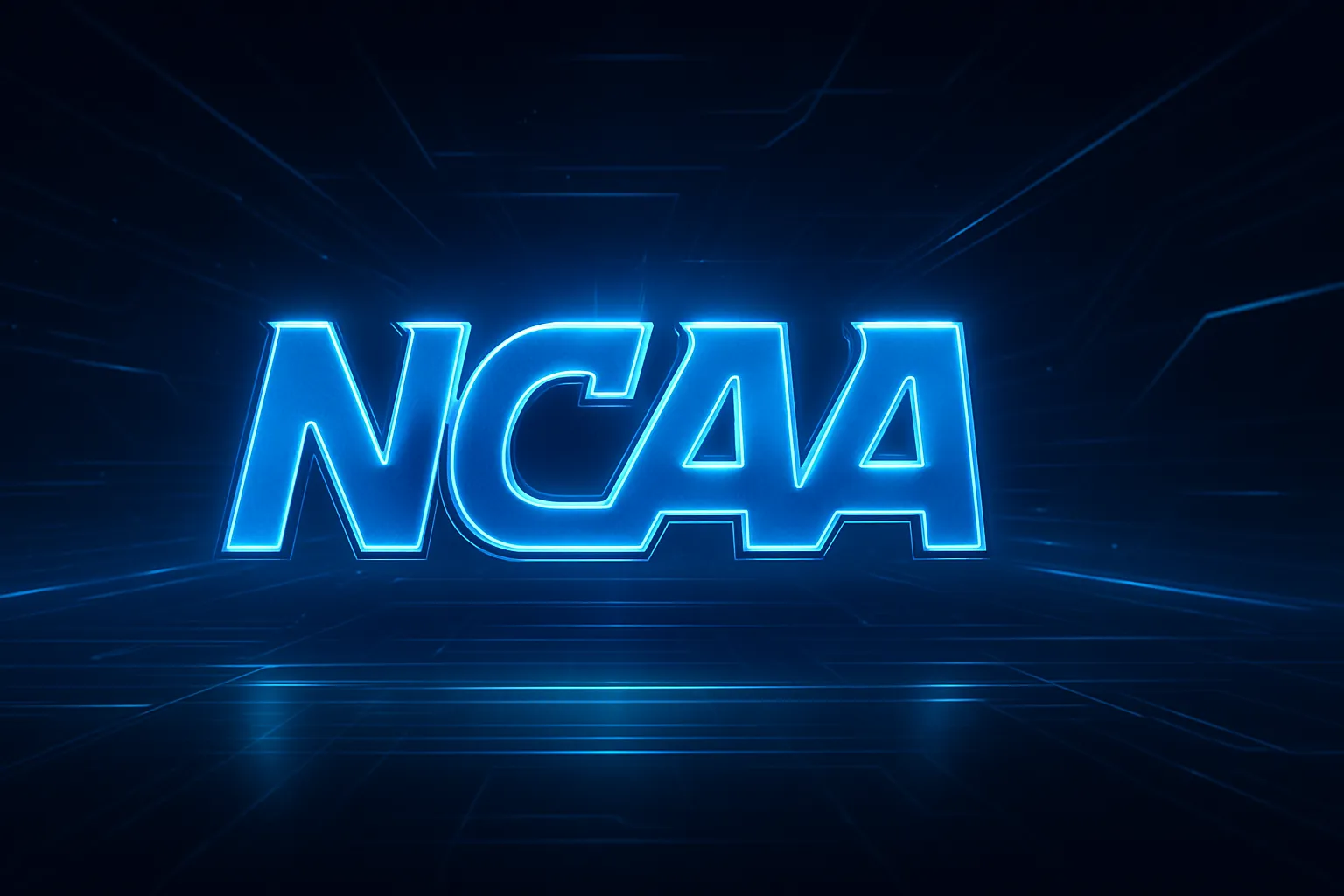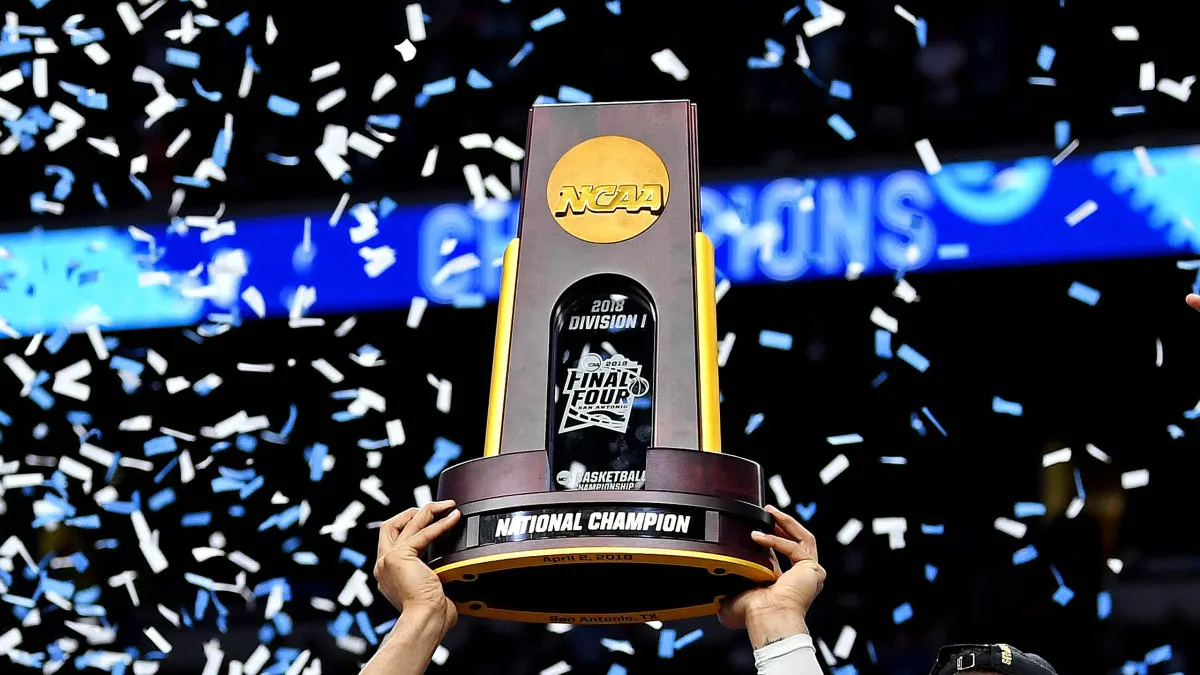Can an NCAA Scholarship Be Taken Away?

Maria Rezhylo
All-American swimmer & swim coach
Let me start with the truth: Yes, an NCAA scholarshipcan be taken away.
And I know that because it happened to me twice.
The first time, I was 19 and had just arrived in the U.S. to pursue my dream of swimming in college.
Within a year, the entire program I was recruited to was cut. There was no warning, no apology—just a cold announcement: We're shutting it down.
The second time, it was more personal. I was still competing and showing up, but wasn't performing at the level my coach expected.
So, he chose not to renew myscholarshipfor the following year. No violations, no misconduct—just performance. That was it.
But I didn't give up. I transferred and earned anotherfull-ride scholarship, again.
So, if you're here wondering whether your scholarship is safe or what happens if it's not, you're in the right place.
I'll walk you through everything you need to know so you're not caught off guard if it happens to you.
Let's dive in.
Athletic Scholarship Basics: Understanding the Fine Print
Before we discuss what can and can't happen, let's review the basics. Not all athletic scholarships are created equal.
One-Year vs. Multi-Year Scholarships
Most scholarships—especially inDivision I and Division II—are awarded on a yearly basis.
That means even if a coach says you're "on scholarship for four years," what they mean is you have a scholarship that's renewed annually.
Only multi-year scholarships, which must be explicitly stated in writing, guarantee aid for more than one academic year.
A recent NCAA ruling allows schools to offer multi-year deals; however, it's still more common for them to issue one-year scholarships with an expectation of renewal, rather than a 4-year-guarantee.

Headcount vs. Equivalency Sports
There are two types of sports when it comes to scholarships:
Headcount sports (e.g., football FBS men's and women's basketball , women's tennis/gymnastics/volleyball): These offer full rides only—if you're on scholarship, you're getting 100%.
Equivalency sports (e.g., swimming, track, baseball, soccer): Coaches distribute scholarship funds among athletes, resulting in most student-athletes receiving partial scholarships.
This distinction matters because it affects the amount of financial aid you receive and the flexibility your coach has in changing that aid.

Reasons an NCAA Scholarship Can Be Revoked
So, when can a college coach legally take away your athletic scholarship?
According to NCAA rules, scholarships can be canceled or reduced during the period of the award if the athlete:
Becomes Academically Ineligible
You may lose your scholarship if your GPA drops below the required threshold or if you don't meet your school's academic progress rules. This is one of the most common reasons scholarships are revoked—and it's on you to stay eligible.
Violates Team or NCAA Rules
Major or repeated rule violations. Whether they're academic (e.g., plagiarism), behavioral (e.g., team curfew violations), or NCAA-related (e.g., illegal benefits), they can lead to your scholarship being revoked.
Engages in Serious Misconduct
This includes criminal charges, harassment, or anything that puts the team or university at legal risk. Every school has a code of conduct, and violating it can cost you a spot on the team.
Suffers a Non-Medically Cleared Injury
While schools are not permitted to reduce or cancel a scholarship during its term due to injury, illness, or physical or mental health conditions, they are not obligated to renew the scholarship for subsequent years if the athlete cannot compete. If you suffer a non-medically cleared injury, your scholarship could potentially not be renewed for the following academic year.
Loses Coach Support or There's a Coaching Change
This is where things get tricky. A coaching change or a coach deciding to "go in a different direction" can impact your scholarship, especially if you're on a one-year deal. The new coach may not renew your aid at the end of the academic year. In some cases, coaches use academic or conduct issues as an excuse.

What Cannot Be Used to Revoke Your Scholarship?
Now, let's discuss your rights, because you do have them.
Here are situations where your scholarship cannot be revoked mid-year (assuming you meet academic and conduct standards):
Poor Athletic Performance
Under NCAA guidelines, coaches cannot reduce or cancel your aid during the academic year because you didn't perform well. You can be benched, but they can't legally strip your scholarship until the year ends.
So, even if you're not hitting your PR or having a rough season, they can't just reduce your scholarship overnight. Don't let anyone scare you into thinking otherwise.
Injury During Practice or Competition
If you get hurt while representing your team, whether in practice, a meet, or even weight training, your school must keep your scholarship for the rest of the academic year.
Some schools will continue your aid beyond that, but it's not guaranteed unless explicitly written in your scholarship agreement.
What Happens Next: Appeals, Transfers, and Moving On
If your scholarship is being reduced or canceled, here's what should happen:
You'll Receive a Written Notice
The school is required to notify you in writing that your scholarship is being revised and provide the reason for the change.
You Have the Right to Appeal
Every NCAA school is required to offer a formal appeal process. If you believe your scholarship was unfairly revoked, especially due to non-performance reasons during the academic year, you have the right to contest it. Use it.
You Can Transfer
Transferring is an option if things don't work out and you want a fresh start. Yes, it can be stressful—I've done it twice—but it allowed me to reclaim control over my future and ultimately graduate on a full scholarship.
The NCAA allows more transfer flexibility, including one-time immediate eligibility for most athletes, so you're not locked in.
However, always consult with your compliance office before taking any action.

My Final Advice: Don't Panic, Protect Yourself, and Keep Moving Forward
If you've made it this far, you're probably either on scholarship now, hoping to earn one, or facing the reality that yours might be in danger.
No matter where you are in the journey, here's what I want you to know:
1. Don't take promises at face value—get everything in writing.
Coaches can mean well, but verbal promises aren't binding. If you're told your scholarship will be renewed or increased, ensure it appears in your official financial aid agreement. If it's not in writing, it's not real.
2. Know the rules before you need them.
Most athletes don't even know there's an appeal process until it's too late. Learn how your school handles scholarship decisions, your rights, and who to talk to if something feels off. It could save you thousands of dollars and a lot of stress.
3. Academics are your safety net.
If you want options, maintain solid grades. Transferring, receiving financial aid, or earning academic scholarships is easier if you're in good academic standing. You don't need a 4.0, but don't let your GPA slip below the required minimum.
4. Injuries aren't the end.
If you get hurt while competing or training for your team, they can't cancel your aid mid-year. Don't let the fear of losing your scholarship keep you from being honest about injuries. Prioritize your health and recovery.
5. Losing a scholarship doesn't mean you failed.
It took me a long time to understand this. When I lost my scholarship, I felt that I didn't measure up as an athlete, a student, or a person. But that's not true. Sometimes, programs get cut. Sometimes, coaches change direction. Sometimes, things don't work out. That doesn't mean your story is over.
You're not alone in this. If you ever feel overwhelmed or doubtful, remember that your value isn't defined by one coach or school. You're allowed to pivot. You're allowed to keep going.
For more resources on college recruiting and athletic scholarships, visit our comprehensive guides.



